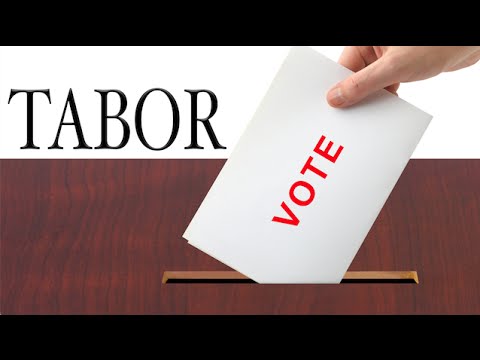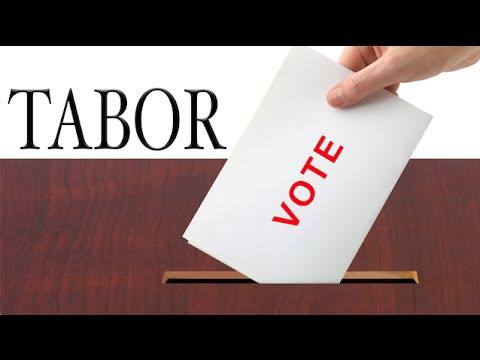Colorado Governor Jared Polis Is Working On A New Plan To Block Tax Relief

DENVER, CO – MAY 3: Governor Jared Polis speaks during a press conference to tout the accomplishments of the Colorado General Assembly on last day of the regular assembly, May 3, 2019, in Denver, Colorado. (Photo by Joe Amon/MediaNews Group/The
DENVER POST VIA GETTY IMAGES
Colorado Governor Jared Polis (D) welcomed conservative economist Art Laffer to the state capitol in Denver today to help gin up Republican support for a potential deal intended to avert taxpayer refunds projected to be sent to Colorado taxpayers in the coming year, with Polis’ ultimate goal being the wounding of the nation’s strongest taxpayer protection measure so that it remains in effect in name only, not in practice.
Colorado’s Taxpayer Bill of Rights (TABOR), approved by voters in 1992 as an amendment to the state constitution, is the sturdiest taxpayer safeguard in the nation. Under TABOR, state revenue cannot grow faster than the combined rate of population growth and inflation.
Any state revenue collected in excess of the TABOR cap must be refunded to taxpayers. Thanks to healthy state revenue collections coming in above the cap allowed by Colorado’s Taxpayer Bill of Rights, current projections show the state will have to refund roughly $500 million to Colorado taxpayers next year. That won’t happen if Proposition CC, a measure ending TABOR refunds, is rejected by Colorado voters this November.






